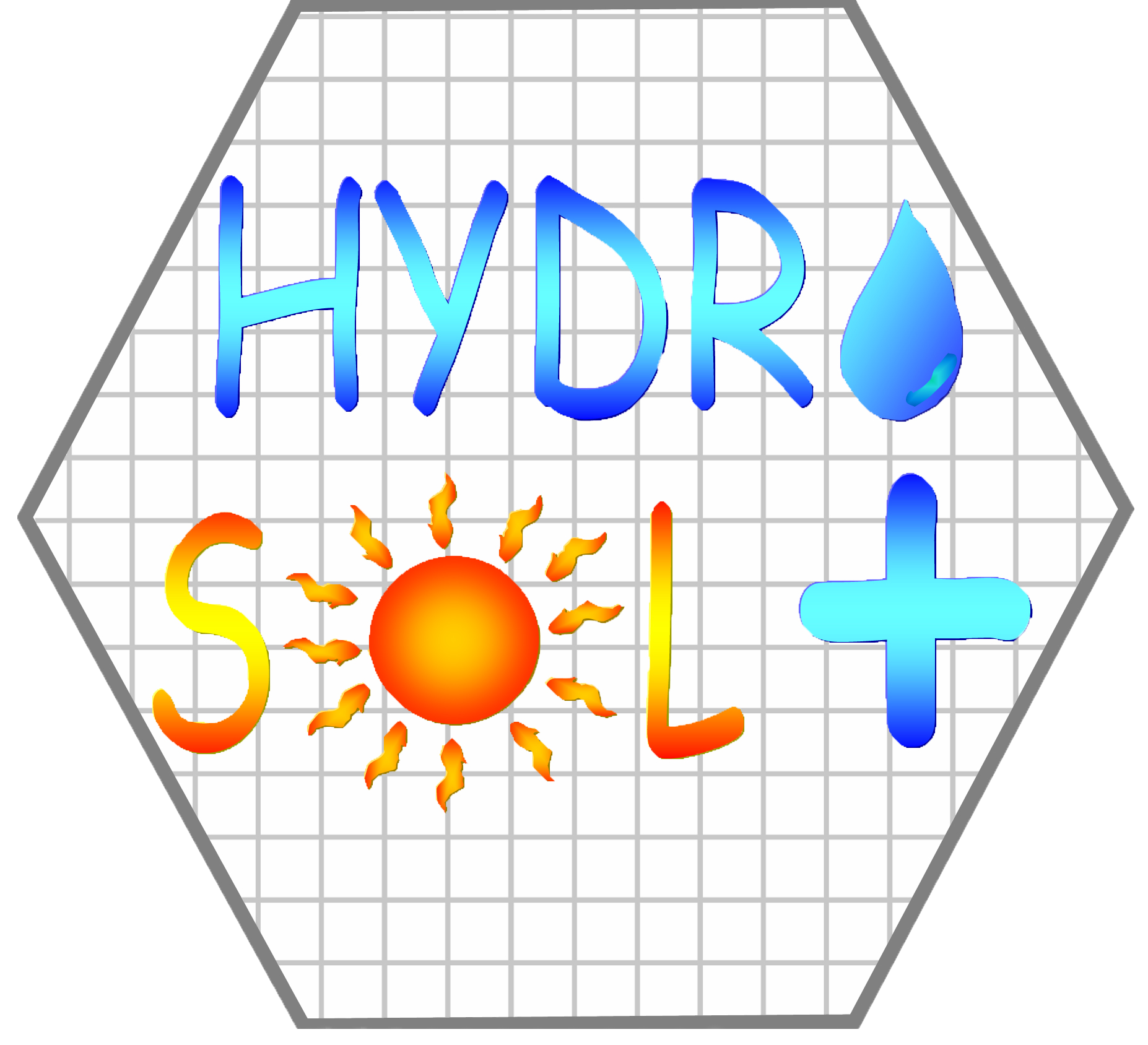
HYDROSOL-PLUS
Production of Carbon Neutral Hydrocarbons in a Solar Thermochemical Plant from Water and Carbon Dioxide

|
National Action Range
|
COOPERATION 2011 |
|
Financing Code for Project
|
11ÓÕÍ_7_1488 |
|
Project start year - end year
|
2013 - 2015 |
|
Financing organisation
|
General Secretariat for Research and Technology |
|
Coordinator
|
Department of Chemical Engineering of the Aristotle University of Thessaloniki (AUTh) |
|
Other partners
|
|
|
Budget / APTL Budget
|
1,903,000 € / 598,000 € |
|
Scientific Manager / Project researcher
|
A. G. Konstandopoulos |
|
Project website
|
www.hydrosol-plus.org |
|
Summary
|
The goal of HYDROSOL-PLUS is to provide a sustainable, affordable and zero-risk route for the storage of solar energy into renewable chemical energy by adapting the so-called HYDROSOL technology (2006 Descartes Prize for Collaborative Scientific Research) to combined water and CO2 splitting, enabling the production of solar synthesis gas and then renewable, carbon neutral solar fuels via the Fischer-Tropsch process. By using existing industrial waste streams (e.g. CO2 rich flue gas from oil refineries and electrical power utilities) as feedstock, this will open the door for a sustainable alternative to risk-prone, uncertain and costly Carbon Capture and Storage (CCS). The project will make significant progress beyond the current state-of-the-art in solar two-step redox pair based thermochemical water splitting using monolithic reactors. The project will develop the key processes and components for combined water/CO2 splitting in central tower solar plants: characterization and conditioning of industrial streams; heliostat field optimization, materials development and reactor design; process/components definition; development of process monitoring and control software; design, construction and testing of a 10 kW experimental solar plant. The consortium consists of two research organizations (AUTh Chemical Engineering Department and CERTH/CPERI/APTL), two large enterprises (Motor Oil (Hellas) S.A. and AVINOIL AVENEP S.A.) and one SME (ILPRA S.A.). The project could enable Motor Oil to reduce its carbon footprint and increase its refining capacity without feedstock cost, AVINOIL to reduce the impact of oil price volatility on its sales, and ILPRA to develop new electronic automation products for existing solarthermal markets abroad. The project fully supports the renewable energy targets for 2020 set by the Hellenic National Energy Council. Further RTD and commercial exploitation are expected to follow a similar path to the HYDROSOL technology. |

